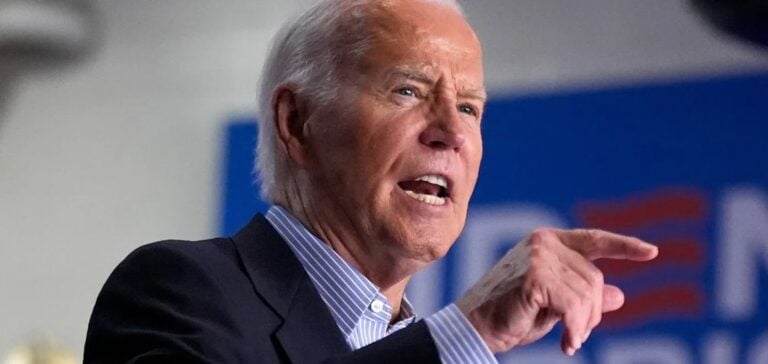President Joe Biden used a historic visit to the Amazon in Brazil to reaffirm his commitment to the energy transition. This symbolic trip, just weeks before the end of his term, represents a significant moment in his fight against climate change.
A Historic Visit to the Amazon
Joe Biden became the first sitting U.S. president to visit the Amazon, a region often referred to as the “lungs of the planet.” Speaking in Manaus, he emphasized the need to continue efforts to protect the environment, particularly in the face of the challenges posed by climate change.
“I am leaving my successor with a solid foundation to build upon,” he stated, highlighting the progress made during his administration in terms of environmental policy.
A Political Challenge Under Tension
This statement comes amid a politically charged atmosphere. Donald Trump, who will take office in January, has vowed to roll back several climate initiatives. His agenda includes expanding fossil fuel exploitation and potentially withdrawing from the Paris Agreement, which he abandoned during his first term before Joe Biden rejoined it.
The Democratic president warned against these intentions, asserting that the clean energy revolution is now “irreversible” in the United States. He also stressed the critical importance of climate change issues for the future of humanity.
Significant Advances Under Biden
During his tenure in the White House, Joe Biden significantly increased investments in renewable energy and green technologies. He enacted legislation aimed at reducing greenhouse gas emissions and creating jobs in sectors tied to clean energy. These efforts have been praised by many environmental organizations but remain contested by certain traditional economic sectors.
An Uncertain Energy Future
While the energy transition advanced under the Biden administration, uncertainties loom over the direction of U.S. climate policy under Donald Trump. The latter has frequently expressed skepticism regarding scientific evidence of climate change.
Biden concluded his speech in the Amazon by urging world leaders to “keep up their efforts” to protect the planet. According to him, the fight against climate change remains “the only existential threat to humanity.”






















